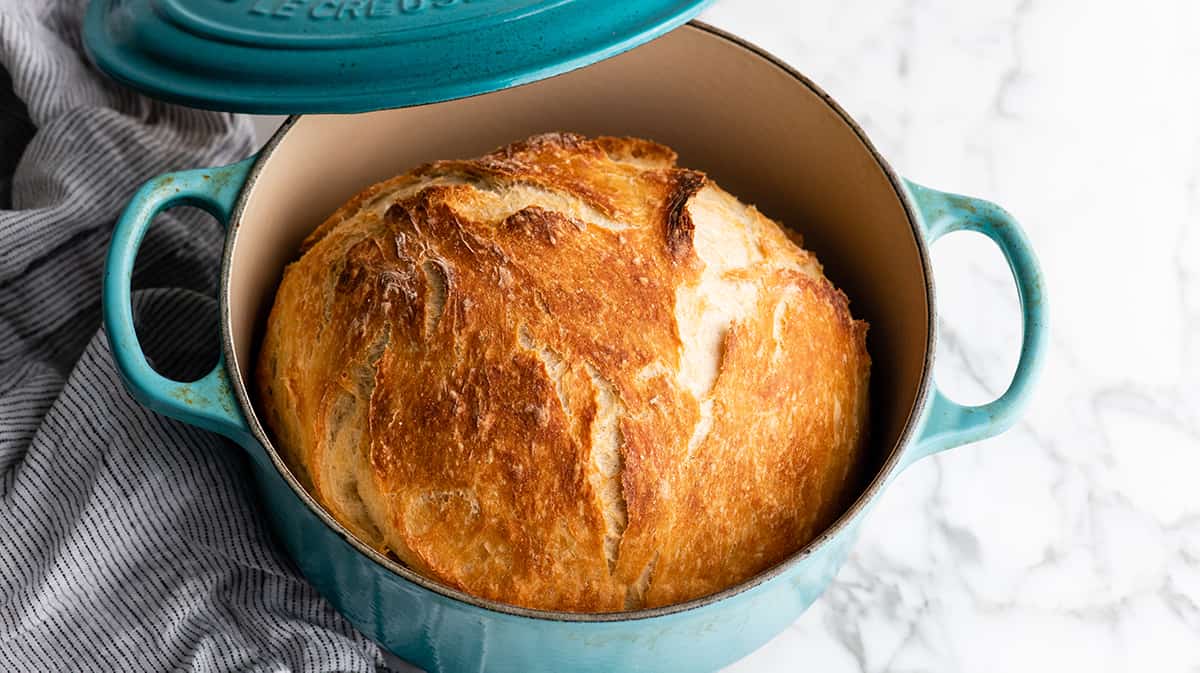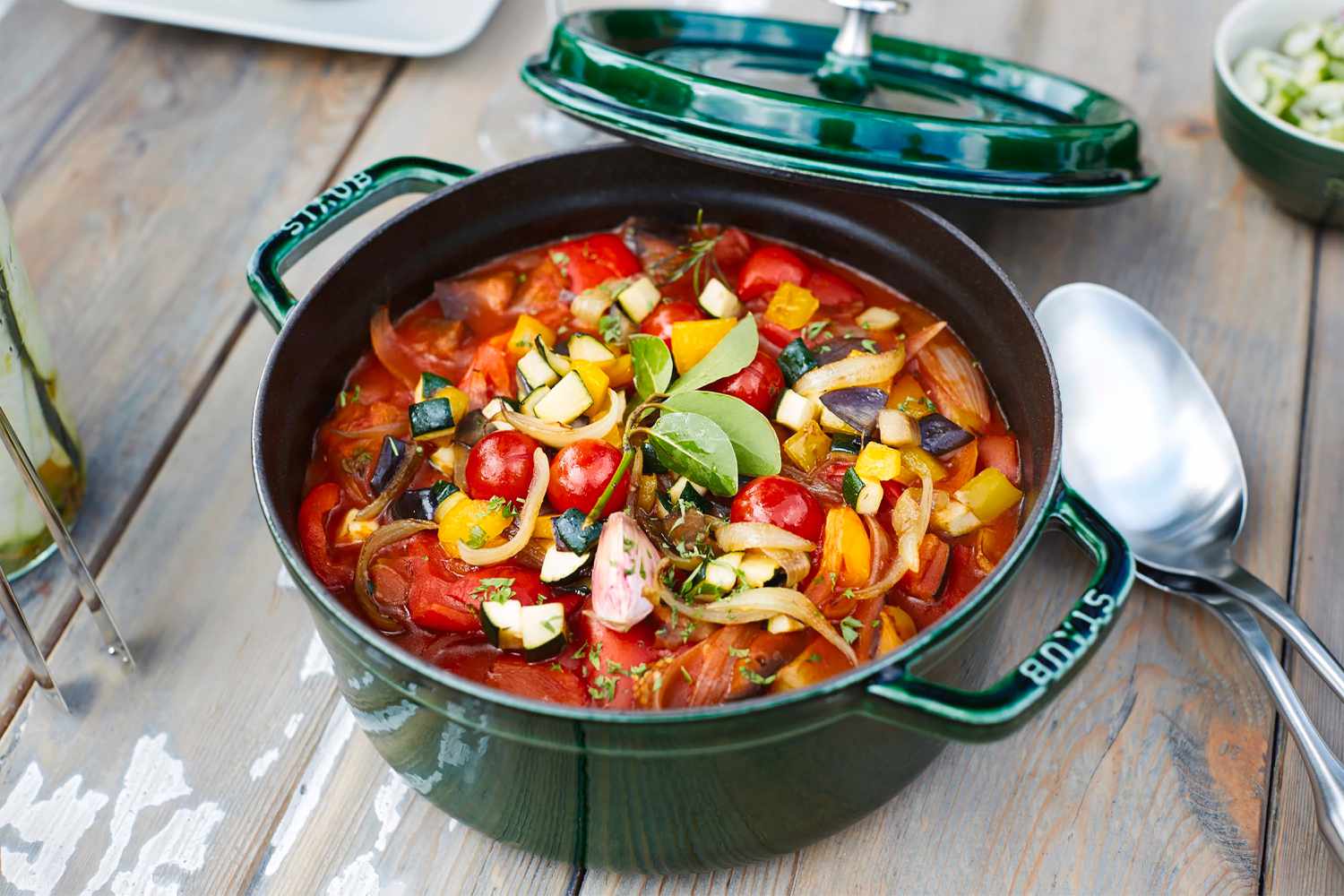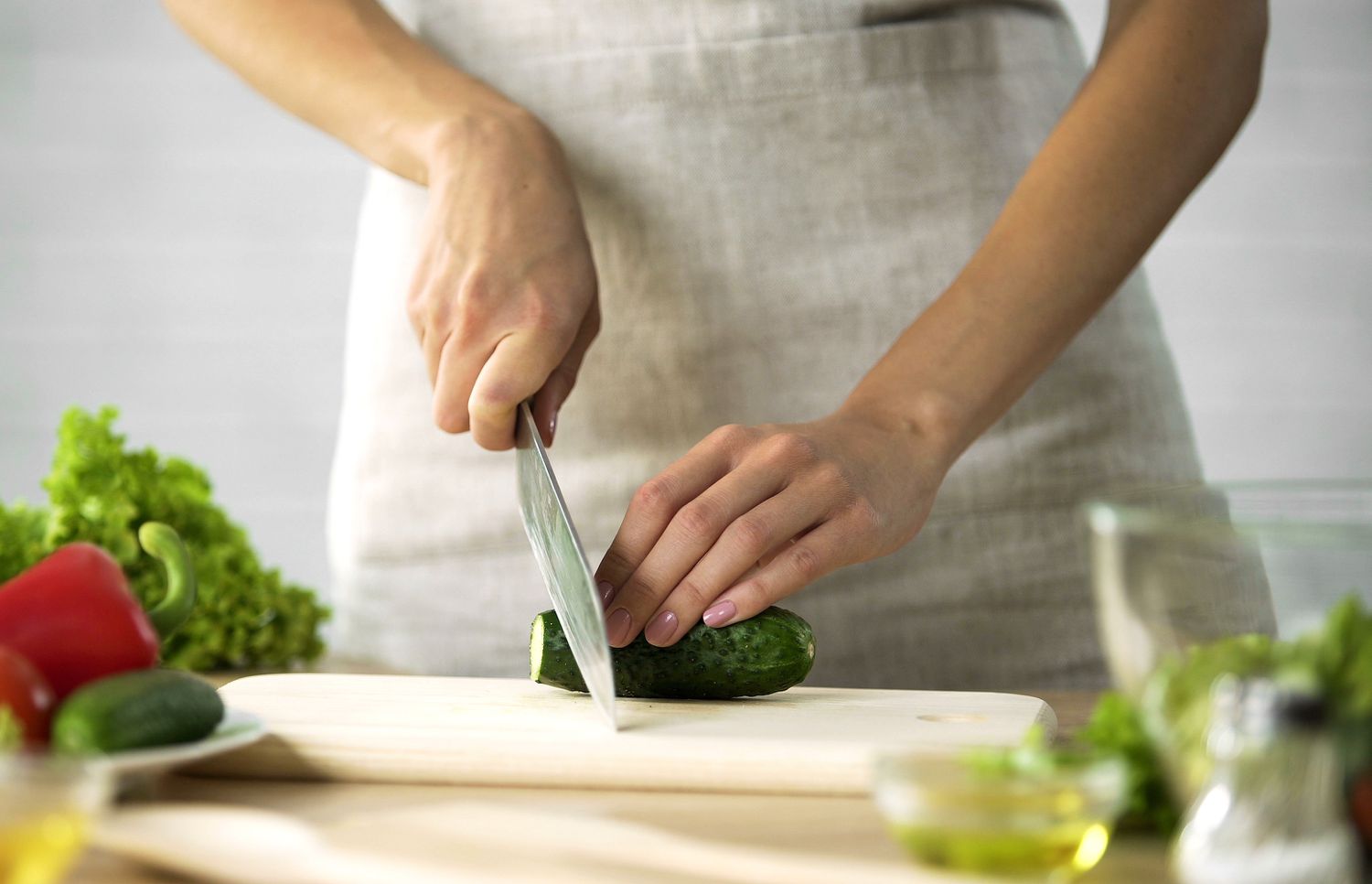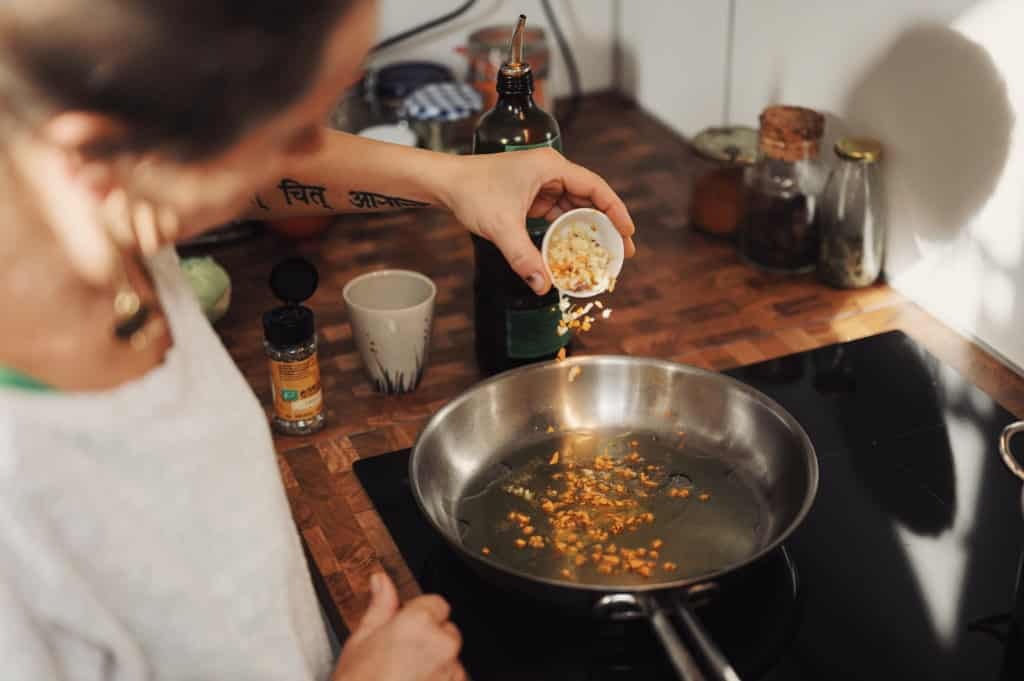The quintessential cooking vessel for many culinary enthusiasts, the Dutch oven has gained a reputation for its durability and efficiency. But what is a dutch oven made of? Understanding the materials that comprise this versatile kitchen tool is crucial for anyoneespecially kitchen professionalslooking to maximize their cooking experience. From cast iron to enamel coatings, each component plays a significant role in its functionality.
A Dutch oven, traditionally, is a thick-walled cooking pot that is often made with some of the most substantial materials available. The core materials that make up a Dutch oven can include cast iron, aluminum, or ceramics. Each material has its unique properties and benefits that cater to different culinary needs and styles. In this article, we will delve into the specifics of these materials to help you better understand how a Dutch oven works and why it has become a staple in both professional kitchens and home cooking.
:max_bytes(150000):strip_icc()/Web_1500-Testing-LeCreuset7.25QuartRoundDutchOven-16-WillDickey-1238-272-39e8c8ce0ce742f89c02f23acbee4664.jpg)
Understanding Cast Iron: The Classic Choice
Perhaps the most recognized material used for Dutch ovens is cast iron. Not only does it retain heat exceptionally well, but it also provides even cooking temperatures that are perfect for simmering stews or braising meats. Cast iron Dutch ovens can be found in various finishes, both seasoned for high performance and enameled for increased aesthetic appeal.
The process of making cast iron involves liquefying iron and pouring it into molds. Once cooled, these pots become incredibly strong and can last a lifetime with the right care. Furthermore, seasoned cast iron develops a natural non-stick surface, enhancing its usability in a professional kitchen.
Enamel Coatings: Beauty Meets Functionality
Many modern Dutch ovens incorporate enamel coatings. These are other advantages to cast iron pots. The enamel not only protects the cast iron from rust but also makes the pot easier to clean. The enamel can come in various vibrant colors, allowing kitchen professionals to choose one that suits their decor.
However, one should be careful while using metal utensils with enamel-coated Dutch ovens to avoid scratching the surface. The enamel can chip, undermining the effectiveness of the pot. Nevertheless, these pots are still highly durable and a favorite among culinary experts.
Aluminum and Other Materials: Lightweight Options
While cast iron is popular, some kitchen professionals prefer aluminum Dutch ovens for their lightweight nature. Aluminum conducts heat rapidly, which can decrease cooking time, making it ideal for busy kitchens. However, care should be taken as aluminum does not retain heat as well as cast iron.
Some Dutch ovens are also made from ceramics or stoneware. These materials provide a different cooking experience, allowing for more delicate dishes. They are best for casseroles and baking recipes, but they lack the high heat tolerance that cast iron offers.
Choosing the Right Dutch Oven for Your Needs
When deciding what is the best type of Dutch oven for your professional kitchen, consider the types of dishes you frequently prepare. For braises or heavy-duty cooking, a cast iron model is recommended. For lighter dishes or quick sears, aluminum may fit the bill.
Transitioning from conventional cookware to a Dutch oven is also influenced by how comfortable you feel with the care that Dutch ovens demand. Regular seasoning for cast iron is crucial, while enamel-coated models must be cared for gently to prevent chipping.
Conclusion
In summary, what a Dutch oven is made of significantly impacts its performance and longevity. Whether you opt for cast iron, aluminum, or ceramics, understanding these materials will enhance your culinary skills and help you create exceptional dishes. With information about each material at your fingertips, selecting the right Dutch oven will no longer be a mystery!

Frequently Asked Questions
1. Can I use metal utensils in an enamel Dutch oven?
While you can use metal utensils, it is advisable to opt for silicone, wood, or plastic to protect the enamel coating from scratches.
2. How do I maintain my cast iron Dutch oven?
Regular seasoning and keeping it dry to prevent rusting are essential for maintaining a cast iron Dutch oven.
3. Are ceramic Dutch ovens suitable for stovetop cooking?
Ceramic Dutch ovens are generally not recommended for stovetop use; they are more suitable for oven cooking, especially for casseroles.
For more information and recipes, check out Dutch oven recipes that will inspire your culinary adventures!
Want to learn more about how to use a Dutch oven? See our post on how to cook a roast in a Dutch oven for great tips and techniques!
This article contains affiliate links. We may earn a commission at no extra cost to you.






Leave a comment
This site is protected by hCaptcha and the hCaptcha Privacy Policy and Terms of Service apply.